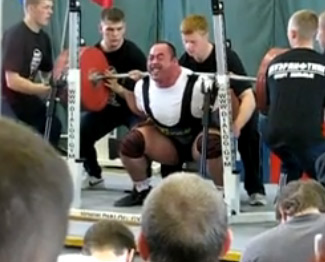jsnowash wrote:
Just IMO with no scientific data to back it....
I do believe that SOME strength training, particularly in the "off" season is beneficial, especially as we age and begin to naturally loose some of our muscle mass. I also think (again, can't prove...) that there are likely some benefits in terms of injury prevention by helping strengthen joint complexes, stabilizing muscles, etc. None of this is likely to make you any faster, but if it does help prevent injury, and keeps you in the game, then there's certainly at least an indirect benefit in that. From an overall FITNESS perspective (not race performance, per se) some strength training is probably a good thing.
I believe that I read (But could not tell you where if pinned down) that the muscle mass loss was preventable by almost any weight bearing or otherwise muscle stressing exercise, regardless of type.
I wouldn't mind seeing a study or review or hell, even a poll on the number of injuries per capita in the couch to tri crowd vs. the ones that came to tri from a recent sporting background, whether it was any of the primary disciplines or something other.
In certain cases (dev being an example), weightlifting helps correct deficiencies and/or keeps muscles in balance. This prevents injury for him, so for him, weight lifting is absolutely a benefit to s/b/r because it enables him to do it. If you have something that needs correcting or is otherwise not being addressed by s/b/r, then I'm all for strength training as the means to an end.
If, however, you are an otherwise healthy AGer of any age, then weightlifting *probably* is extraneous and he/she would be better served by more of sport specific. Where many get confused is "But macca/tinley/insert pro of choice does it". Sure, and they are at the pointy end of the stick where more s/b/r probably won't make a difference, and the supplemental strength training might.
John
Top notch coaching:
Francois and
Accelerate3 | Follow on Twitter:
LifetimeAthlete |

